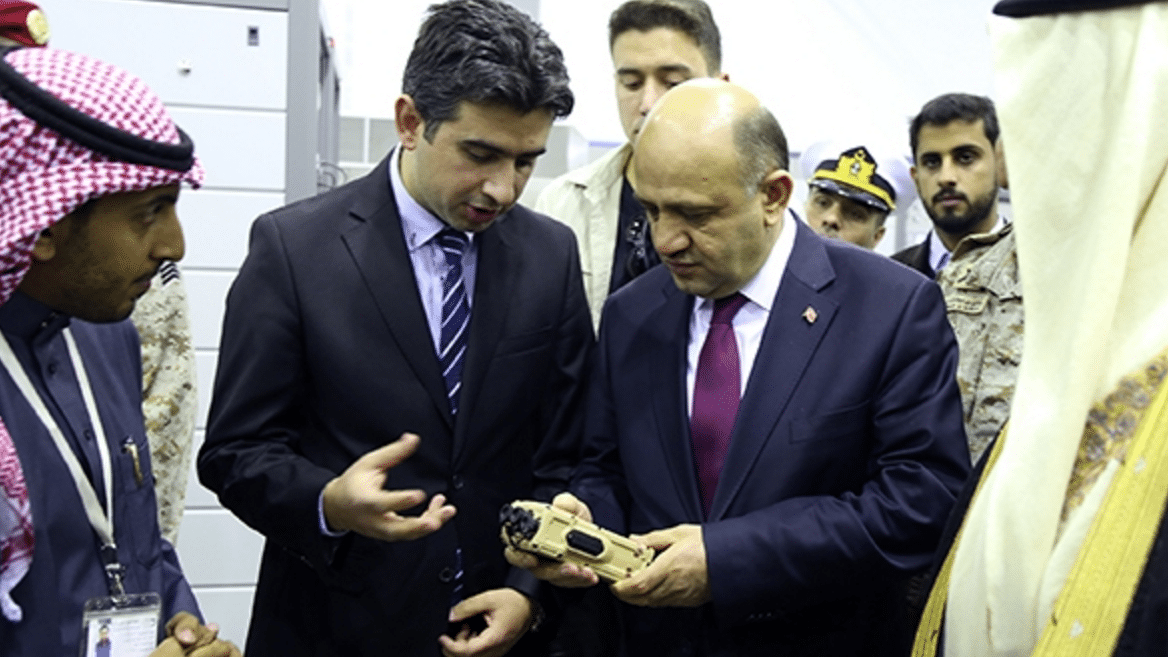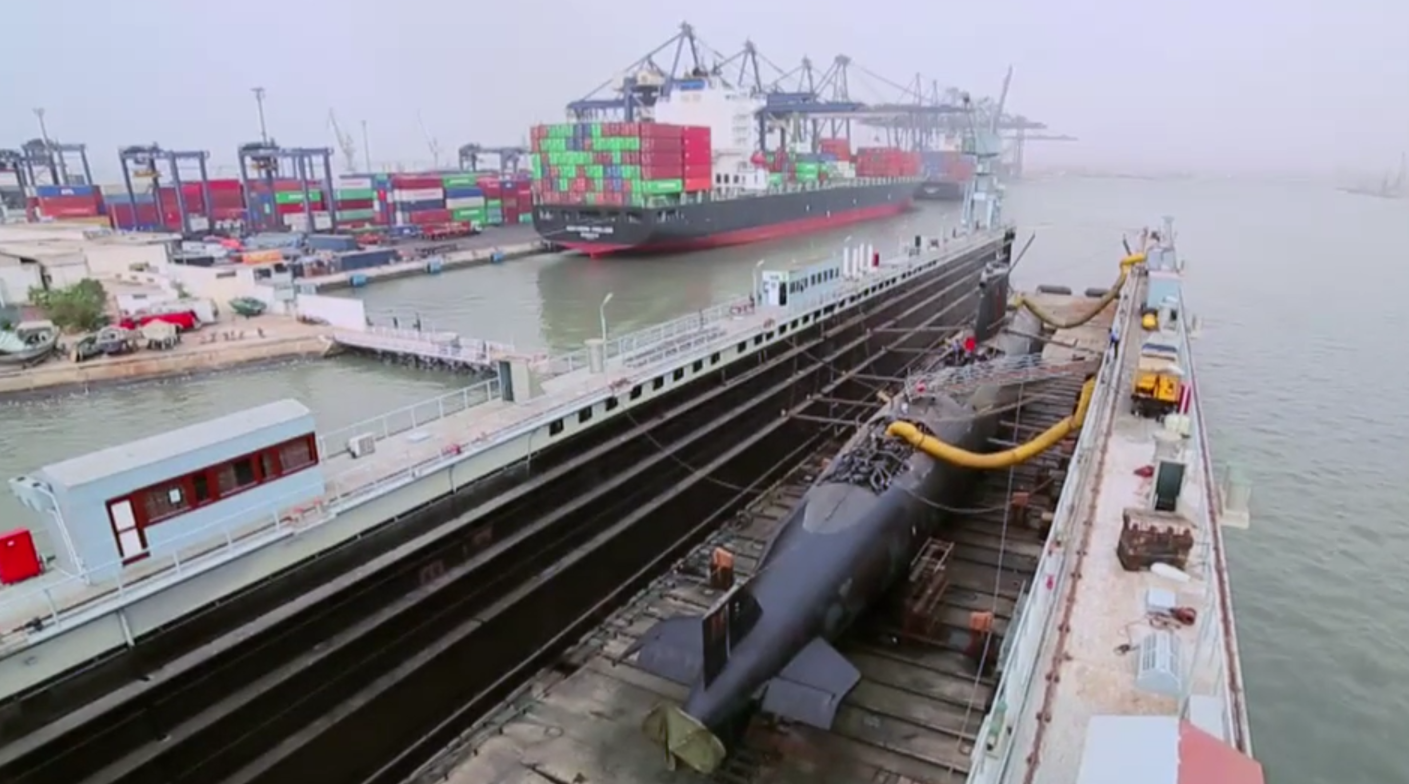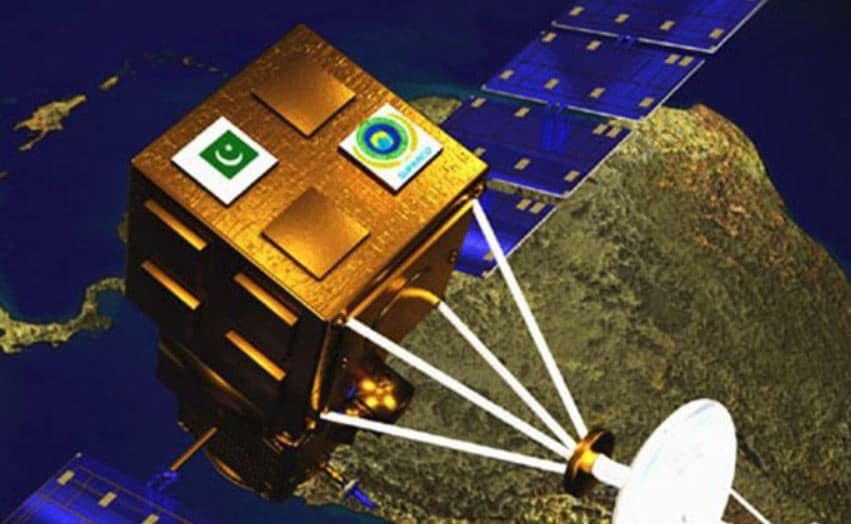2193Views 1Comment

Turkish-Saudi defence production efforts showing results
Turkey’s defence minister, Fikri Işık, recently paid a visit to a joint Aselsan-Military Industries Corporation (MIC) factory committed to license manufacturing Aselsan’s software defined radios (SDR). The plant was opened in December 2016 and besides the transfer-of-technology to produce radio equipment, it also involves the training of Saudi engineers and technicians.
Notes & Comments:
SDRs are radios where some functions, such as signal processing, are done through software. Military-grade SDRs benefit from encryption and jam-resistant attributes (for example, frequency hopping). This hardware is essential in modern combat environments, which require wireless communications means to both perform well and be highly resistant to enemy electronic warfare jamming and hacking.
Aselsan’s radio technology has become popular in recent years. Pakistan has been producing Aselsan SDRs under license at National Radio Telecommunication Corporation (NRTC) and is expected to continue procuring these SDRs in 2017.
The Aselsan-MIC facility is one of many Turkish-Saudi initiatives aimed at enhancing bilateral defence ties, especially in defence production. In fact, the SDR production is only one aspect of this joint venture. With Turkish assistance (presumably from Aselsan), Saudi Arabia developed its own radio waveforms (basically frequencies and modes) and secure software platform (via Defence Turkey). These programs are carrying Saudi Arabia to the goal of potentially developing its own tactical data-link network.
In tandem, Aselsan also signed an agreement with Taqnia, a large Saudi entity (with its own investment branch), to establish the Saudi Defence Electronics Company (SADEC) to collaborate on radar, electronic warfare (EW), and electro-optical solutions.
The results of these efforts could potentially shape future Saudi procurement. Sufficiency in domestic EW could allow Saudi Arabia to internally source subsystems for surface warships and special mission aircraft. It could also market these products to other markets, which will also benefit Aselsan considering it is a co-owner of these Saudi facilities.
The Turkish defence industry’s footprint is also growing, especially in large defence markets – i.e. Saudi Arabia, Kazakhstan and Pakistan. Each of these markets can generate scale and help anchor launch orders, particularly for inherently high-cost systems, such as surface warships and aircraft. It is not clear if Ankara will succeed in expanding its roots in these markets, but it is evidently building the requisite government, armed forces and local industry relationships to translate promise into results.



1 Comment
by John Rue
instead of blowing up billions of dollars buying western equipment, Saudis should invest money building relationship with Turkey , Russia, China and other reliable countries and try to setup local defence industry. They have got plenty of money and they can do it. Sure you can order dozens of F-15s but once sanctions kick in or they run out of money… who is going to maintain them.